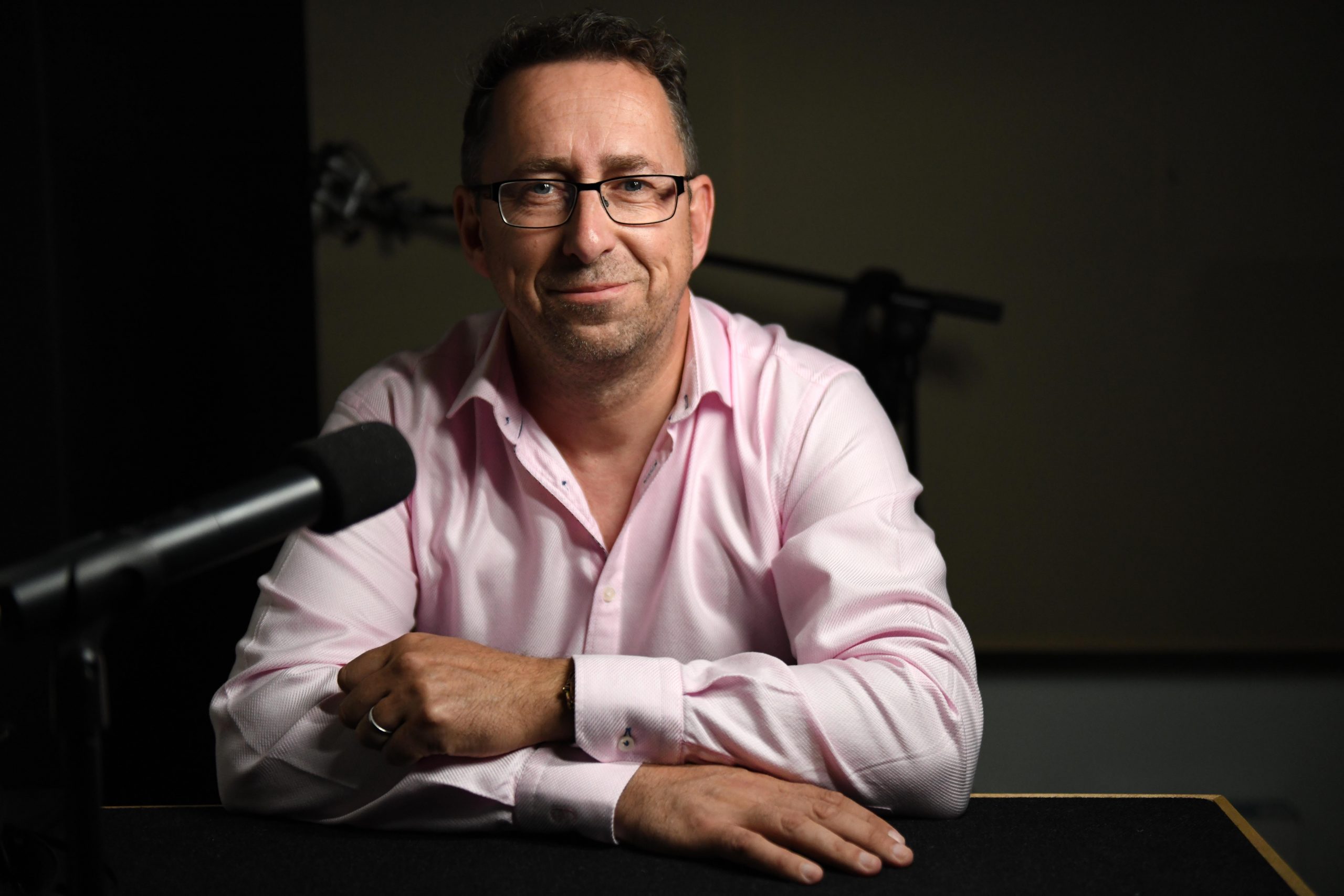Donal O’Shea is joking about the tech community’s penchant for using the Uber or Airbnb as relatable concepts of modern marketplaces. For a while, he recalls it was hard to move for the number of start-ups calling themselves the ‘Airbnb of cars’ or the ‘Uber of hairdressing’. But when it comes to O’Shea’s explanation of Diagnexia as the ‘Uber of pathology’, it is genuinely useful in understanding how the company works, no matter how banal the description may now be. While almost everyone will have a biopsy taken, or blood tests done or a urine sample tested at some point…
Cancel at any time. Are you already a member? Log in here.
Want to read the full story?
Unlock this article – and everything else on The Currency – with an annual membership and receive a free Samsonite Upscape suitcase, retailing at €235, delivered to your door.

